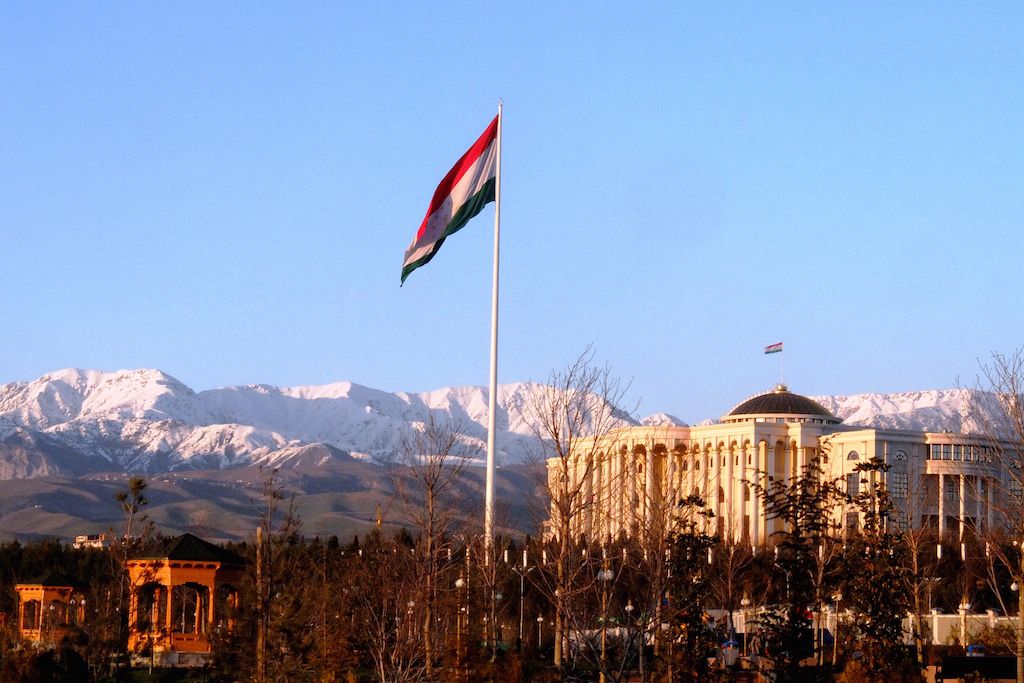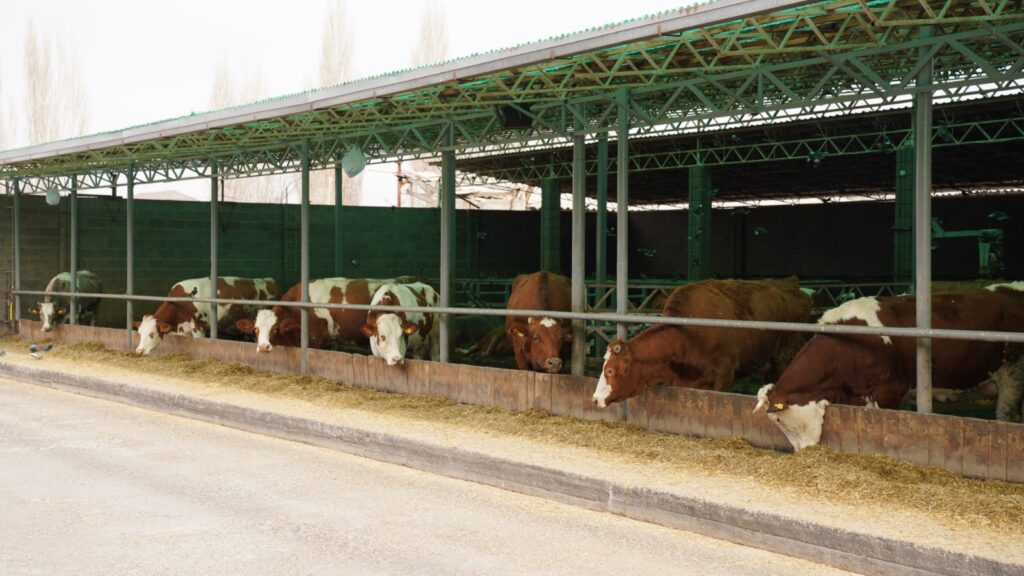DUSHANBE (TCA) — Sean O’Sullivan, Director General of the Asian Development Bank (ADB)’s Central and West Asia Department, on January 19 concluded a two-day visit to Tajikistan, during which he met with Prime Minister Kokhir Rasulzoda and other senior government officials to discuss the country’s development priorities and current economic situation, ADB’s assistance program, and reaffirm ADB’s continued support for national development, the ADB Country Office in Tajikistan said.
“ADB recognizes the current difficulties faced by Tajikistan and is doing is best to help the country overcome them,” Mr. O’Sullivan said. “There is an urgent need for deepening reforms to improve Tajikistan’s economic efficiency, diversification, and competitiveness, and ADB stands ready to support such reforms.”
Mr. O’Sullivan is responsible for ADB operations in Afghanistan, Armenia, Azerbaijan, Georgia, Kazakhstan, Kyrgyz Republic, Pakistan, Tajikistan, Turkmenistan, and Uzbekistan.
ADB’s current partnership strategy with Tajikistan focuses on improved connectivity, energy security, and private sector development. In 2015, ADB approved two projects worth a total $92 million for Tajikistan, including $60 million budget support for the first phase of the investment climate reforms program and $32 million to modernize technical and vocational education and training system in the country. ADB assistance for 2016 is expected to be $70 million in support for rehabilitating the Dushanbe-Kurgan-Tyube road, and improved water resource management.
Tajikistan joined ADB in 1998, and to date ADB has approved around $1.4 billion in concessional loans, grants, and technical assistance to the country. The ADB-Tajikistan partnership has promoted social development, upgraded and built new infrastructure, expanded agricultural production, developed the microfinance market, and encouraged regional cooperation and trade.








